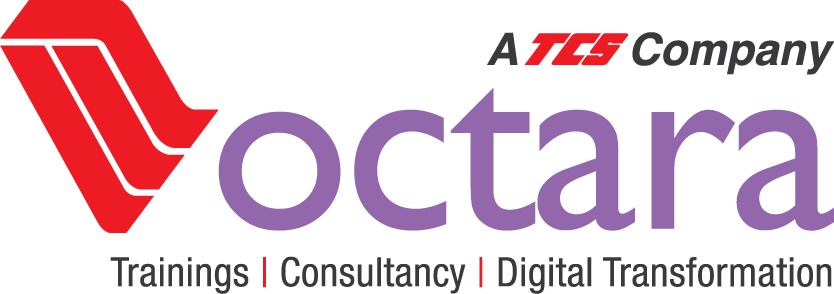
Is the management world facing a problem?
Productivity is flat and companies simply aren’t getting what they pay for from their workforce, probably yours too. In fact, surveys suggest that in an eight-hour day, just three of those hours count as productive time. Part of the trouble is that managers are either blissfully unaware of the time wasting that goes on under their noses, or they don’t know how to fix it. Many say their organizations don’t understand how to measure workforce performance or how to get the best out of their people. So, before we point the finger at employees, we might just have to consider that it’s the managers who are falling short of the mark.
The real question is, if humans aren’t up to the job of successfully managing their employees and their organizations—what is? Not who is, what it.
In the age of artificial intelligence is it conceivable that algorithms could make better leaders than people? In all the talk of machines replacing workers on the factory floor, maybe we have overlooked the possibility that AI could replace the bosses as well.
Think about it, AI has the power to see everything, always. It is completely objective and never forgets. It has an insatiable appetite for data and can process it faster than any human being could ever hope to. What’s more, the AI manager would be insightful; it would use algorithms to create leadership hypotheses and ask the right questions. It would demonstrate sound judgement by utilizing machine learning to make impactful decisions.
We’re not talking armies of robots storming through corporate hallways. No, the AI manager is discrete – so discrete that we have barely noticed its arrival. Recently, a reporter from the New York Timesstepped into the call center of insurance giant MetLife, where AI continuously evaluates the performance of customer service representatives through the corner of their computer screens. Talking too fast? An icon of a speedometer begins to flash. Not sounding lively enough? A picture of a coffee cup appears. According to theNew York Times, MetLife says the app has increased its customer satisfaction by 13 percent and few employees have expressed any real distain for the software.
Starting to feel uneasy? Well, let’s not get carried away. The chances of AI threatening the existence of humans at any level of an organization are remote, but there is abundant space for both to work together. Rather than rendering your job null and void, AI can make you a better leader of a better company, and it all begins with data. I refer to this as extended intelligence.
Slowly but surely, businesses are waking up to the data at their fingertips–detailed information that can provide real-time pictures of their workforce and help them better understand their employees. Those capable of harnessing that data can improve business performance, but herein is a crucial point: knowing that you have vast information at your disposal is one thing but knowing how to use it is another. Even if you have the capabilities to collect and analyse your data, do you need to know how to act upon it, and how to keep your workforce on side?
One of the biggest challenges to unlocking data is trust, with employees keen to avoid their privacy or individual rights being breached. Interestingly, however, a study by Accenture found that employees are overwhelmingly in favor of sharing their data for company use provided it is collected responsibly and in ways that benefit them, one of which is being more productive.
So, if you want to embrace AI, first embrace your people. Build trust by involving them in the process and let them decide if they want to share their data in exchange for benefits. Then, with a happy team behind you, you can get on with the business of using AI to make you not just a good manager, but a great one.
Is management by algorithm about to take over? No. But it’s time to let AI enable you. You’ll be a better manager for it, I guarantee.



